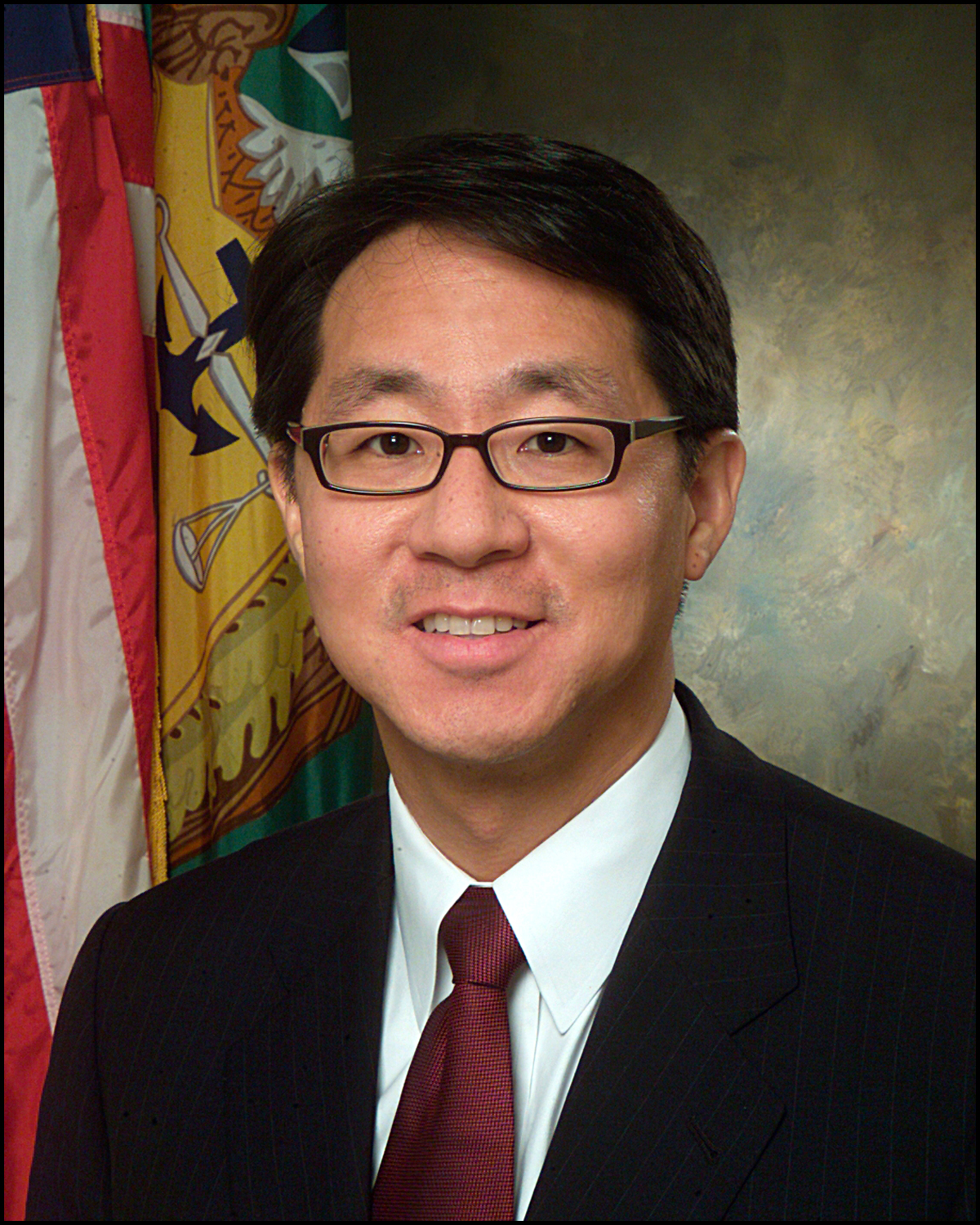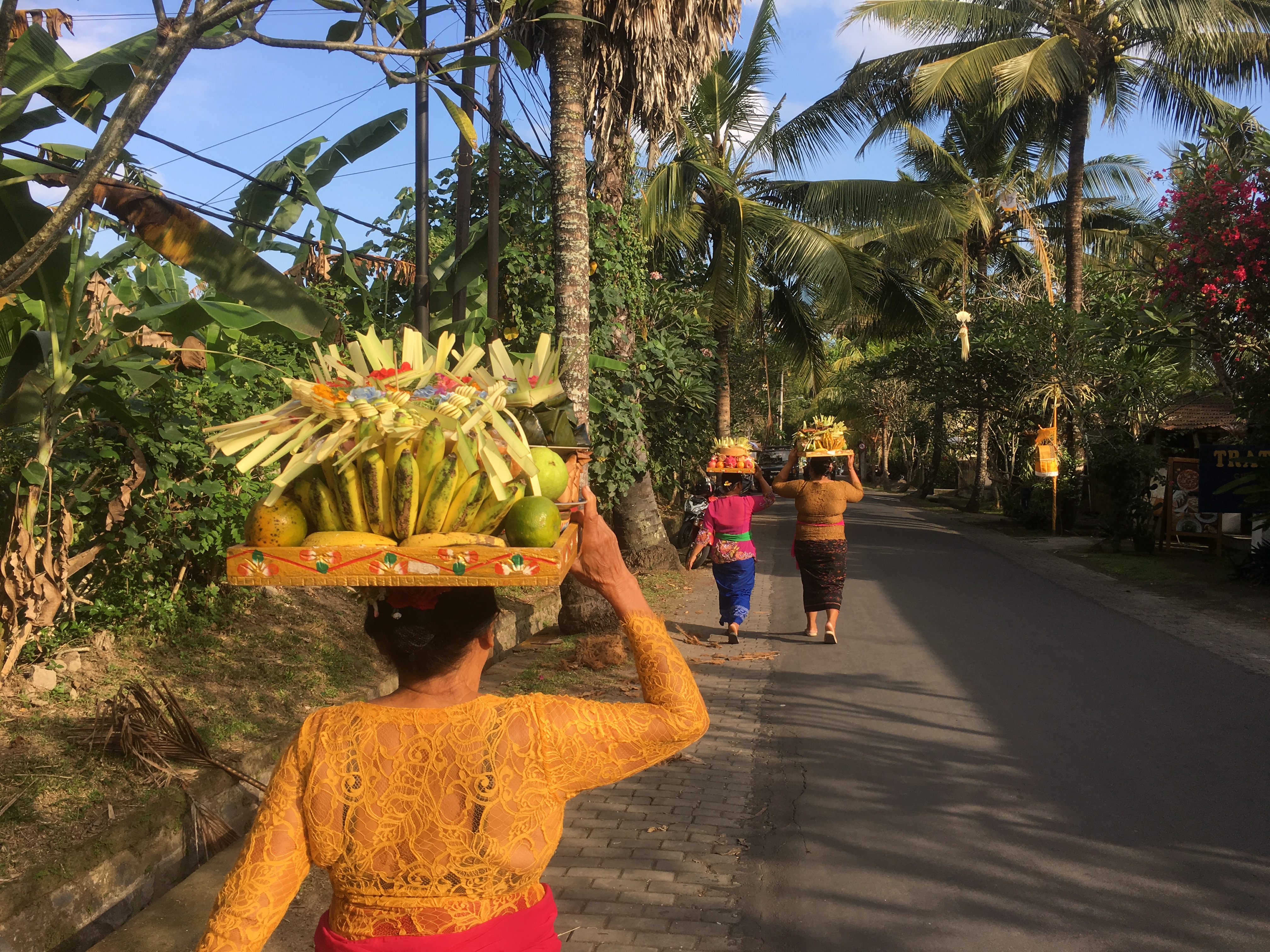In our increasingly fast-paced world, we may well find ourselves struggling to achieve balance in our lives. Stresses pile up at work, family demands mount at home, and the healthy equilibrium we all desire can feel impossibly far away.
Daydreams of an escape to Italy, India or Indonesia and images from the blockbuster film and book Eat Pray Love beckon. You don’t though have to make your way to Bali to change your life.
At times like these, take a lesson from Asia and reevaluate your home environment. It’s a lesson I’ve learned as part of my work serving on the advisory board for the Thailand-based clean-tech and health and beauty company Equator Pure Nature. The dynamic company, founded by a U.S. CEO Peter N. Wainman and his wife Jeng, draws on Thai tradition and produces a line of natural household cleaning products under the brand Pipper Standard.
The company’s motto, “A healthy environment starts at home,” fairly well encapsulates the prevailing attitude among more and more Asian consumers toward attaining this all-important sense of balance. Our homes, after all, are often the only place in our lives that we have total control over.
With this in mind, here are five easy ways you can ensure that your personal living spaces are being optimized for your health and peace of mind.
1. De-clutter
One of the simplest ways to create a healthier home environment is to get rid of clutter. If that sounds too basic (with echoes of your parents ordering you to “clean your room!”) or Asia “zen-like,”, consider the profound impact that Marie Kondo, aka KonMari, is having on people around the world.
The Japanese tidying expert, whose principal message includes keeping things only if they “spark joy” in our lives, was named one of Time magazine’s 100 most influential people in 2015, has sold millions of books, and is currently the host of her own Netflix series, “Tidying Up with Marie Kondo.”
“Tidying orders and relaxes the mind,” Kondo has written. “Anxiety arises from not being able to see the whole picture. If you feel anxious, but are not sure why, try putting your things in order,” she says.
2. Scale back your stimulants
Are you someone who keeps coffee, sugar, and alcohol in the house at all times? While these stimulants can provide a delightful boost, helping us stave off sleepiness or unwind after a stressful day, we might instead reach for healthier alternatives that essentially achieve the same effect.
Consider, for instance, drinking matcha green tea from Asia instead of coffee. Not only does matcha offer a pleasant caffeine kick, but it’s full of powerful antioxidants that are believed to be capable of staving off a whole host of illnesses, including heart disease, diabetes, and even cancer. It’s also thought to have beneficial properties in achieving metabolism and weight loss goals.
Instead of sugar, why not organic honey. And if you must keep alcohol at home, why not ditch the beer and hard stuff, and stock red wine, whose health benefits are well documented. And of course, everything in moderation.
3. Get rid of harmful chemicals
It’s common knowledge that food and cosmetics can be healthier when they’re natural, organic and free of chemicals. But we can go much further in limiting our exposure to toxic substances in our homes. In an increasingly polluted Asia, there is often little that individual consumers can do to clear the air and water around them, but they can reassess and transform their home environment.
Liquid hand soaps, detergents, baby-bottle cleaners, and other household cleaning products are all available in natural alternatives, with — and this is the kicker — cleaning power that’s comparable to their chemical counterparts.
As I mentioned, I work with a natural cleaning products company in Asia that produces a range of powerful but gentle cleaners made from enzymes from fermented pineapple. It’s a patented process that draws from Thai tradition, and today the company’s sales — and the natural cleaning industry as a whole — are both growing, as consumers move to seize back control of their home environments. New mothers, individuals with allergies and those just seeking to recapture the “glow” of beautiful skin are some of the leading adopters.
4. Minimize your screen time
It’s a fact of the modern era that we all spend too much time gazing at screens. It’s also known to be having a detrimental impact on our wellbeing, including one area in particular: our sleep.
The simplest advice is to make your bedroom a “screen-free zone.” Buy an old-fashioned alarm clock (but ideally a silent, tick-tock free one) and keep your laptop, smartphone, and other digital devices in another room. Give yourself an hour (at least) from the time you stop watching television before you go to bed. Your sleep will thank you.
For parents with young children, the advice goes much further: the World Health Organization announced in April that children under the age of 1 should never be exposed to electronic screens, while other young children should have severely limited access to digital devices.
5. Enjoy the silence
In this age of constant stimuli — of pop-up video ads, cacophonous traffic, and chattering heads shouting at one another on TV — is there anything as precious as the sound of silence?
The benefits of meditation and yoga are, of course, already well documented as these Asian traditions have traveled the world. And the joy of listening to music seems self-evident. But what about the simple pleasures of merely lying in bed, or soaking in a bathtub, and doing nothing but savoring the quietude… and thinking?
Edith Zimmerman recently wrote a terrific essay in “The Cut,” an online subset of New York Magazine titled “How to Make Things Quieter,” in which she highlights the numerous “healing” benefits of silence, in addition to the detriments of being exposed to too much noise.
So, convert at least one room in your home, even if temporarily, into a silent space and you’ll soon discover new depths of tranquility and peacefulness. A healthy environment can indeed begin at home — your home.
Curtis S. Chin, a former U.S. ambassador to the Asian Development Bank, is the inaugural Asia Fellow at the Milken Institute and managing director of advisory firm RiverPeak Group, LLC. Follow him on Twitter at @CurtisSChin.


